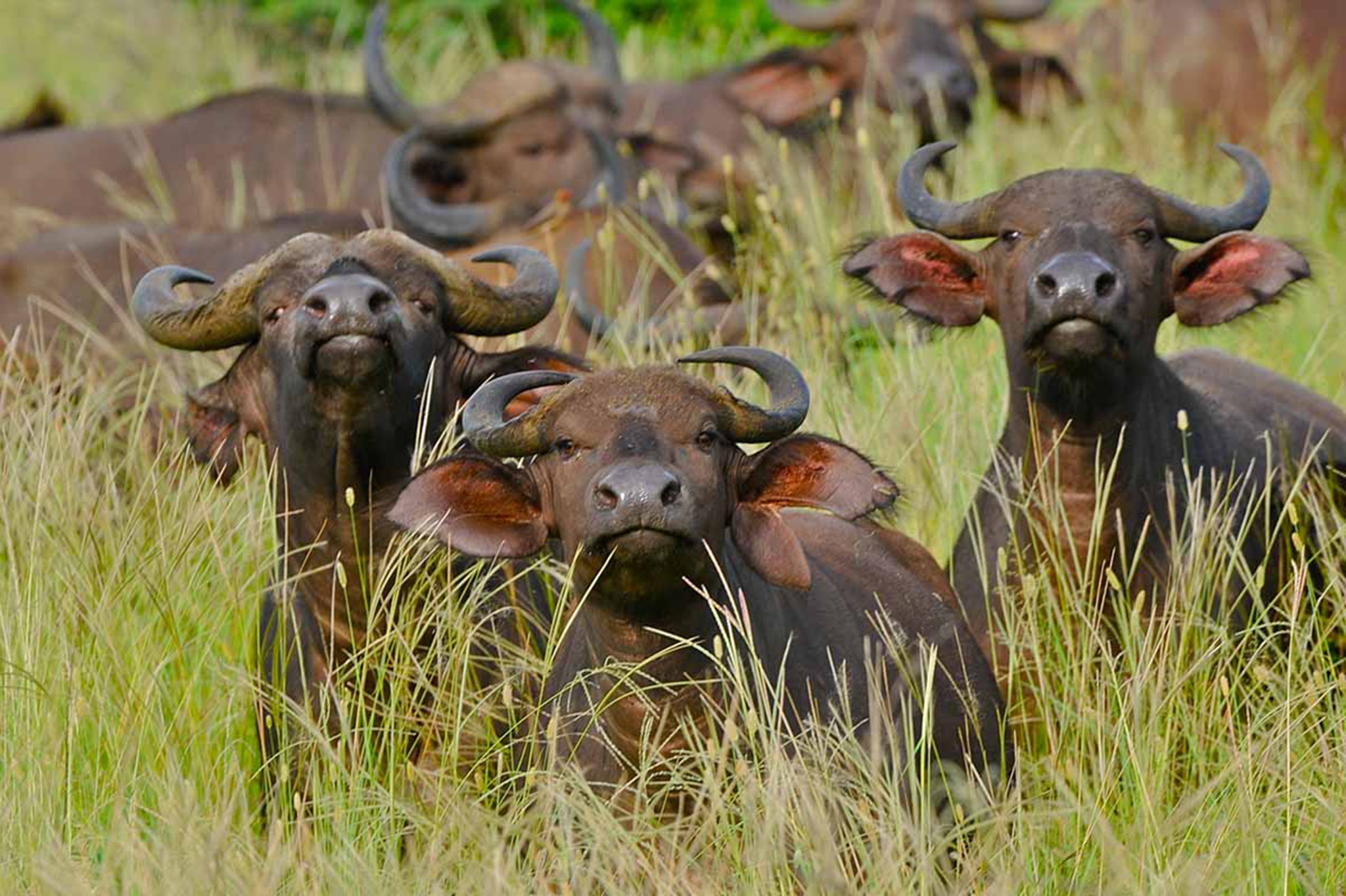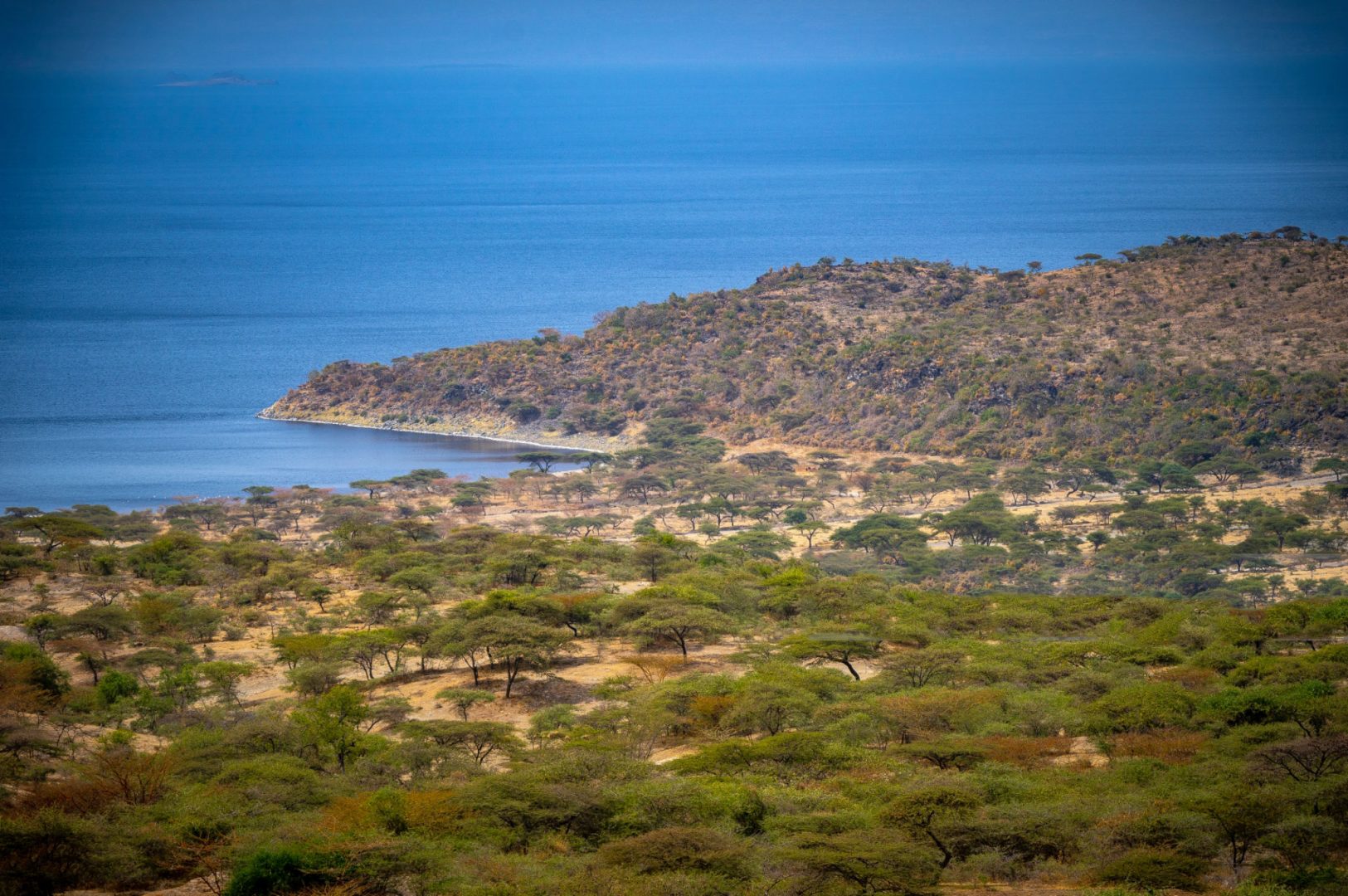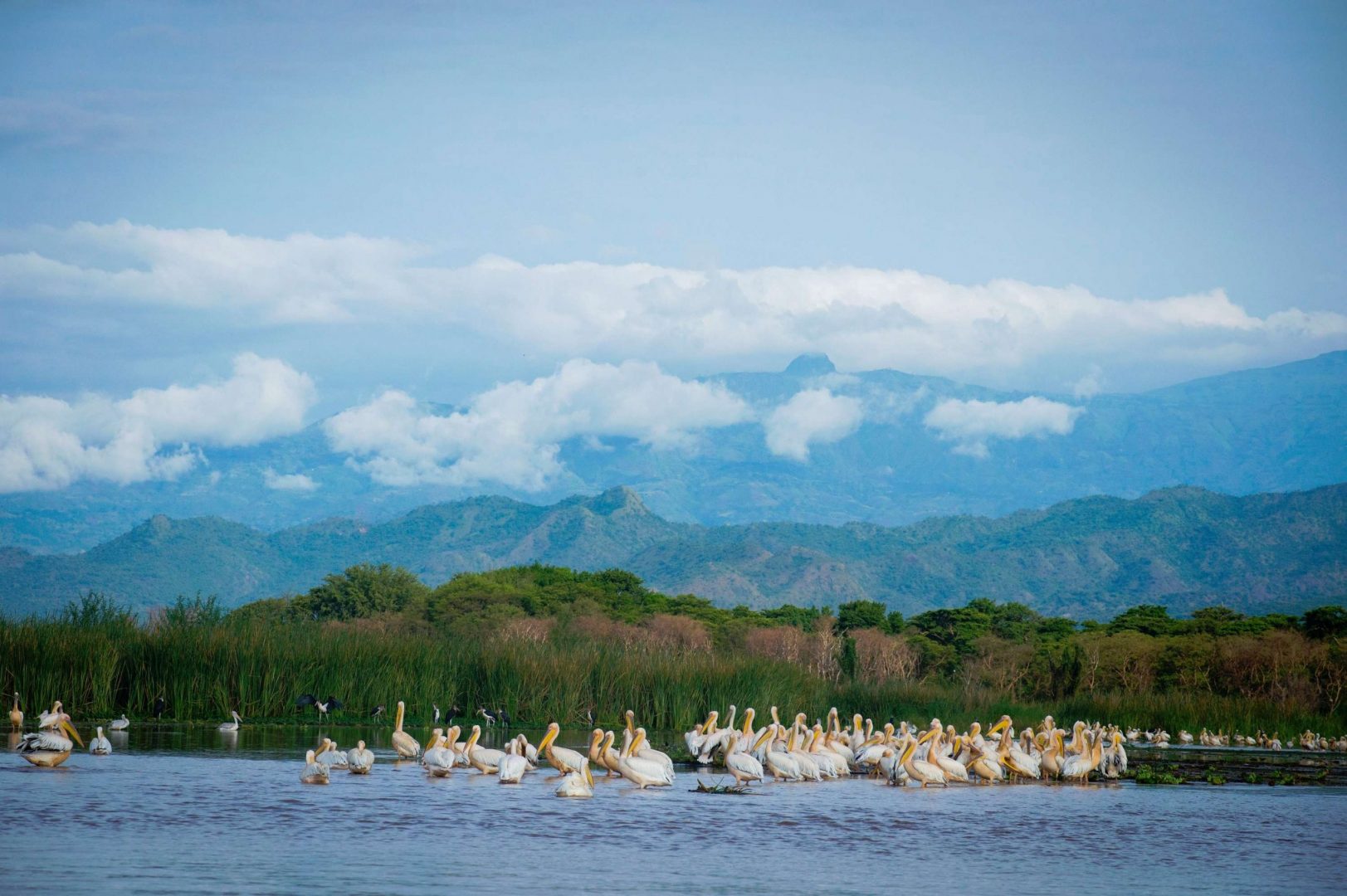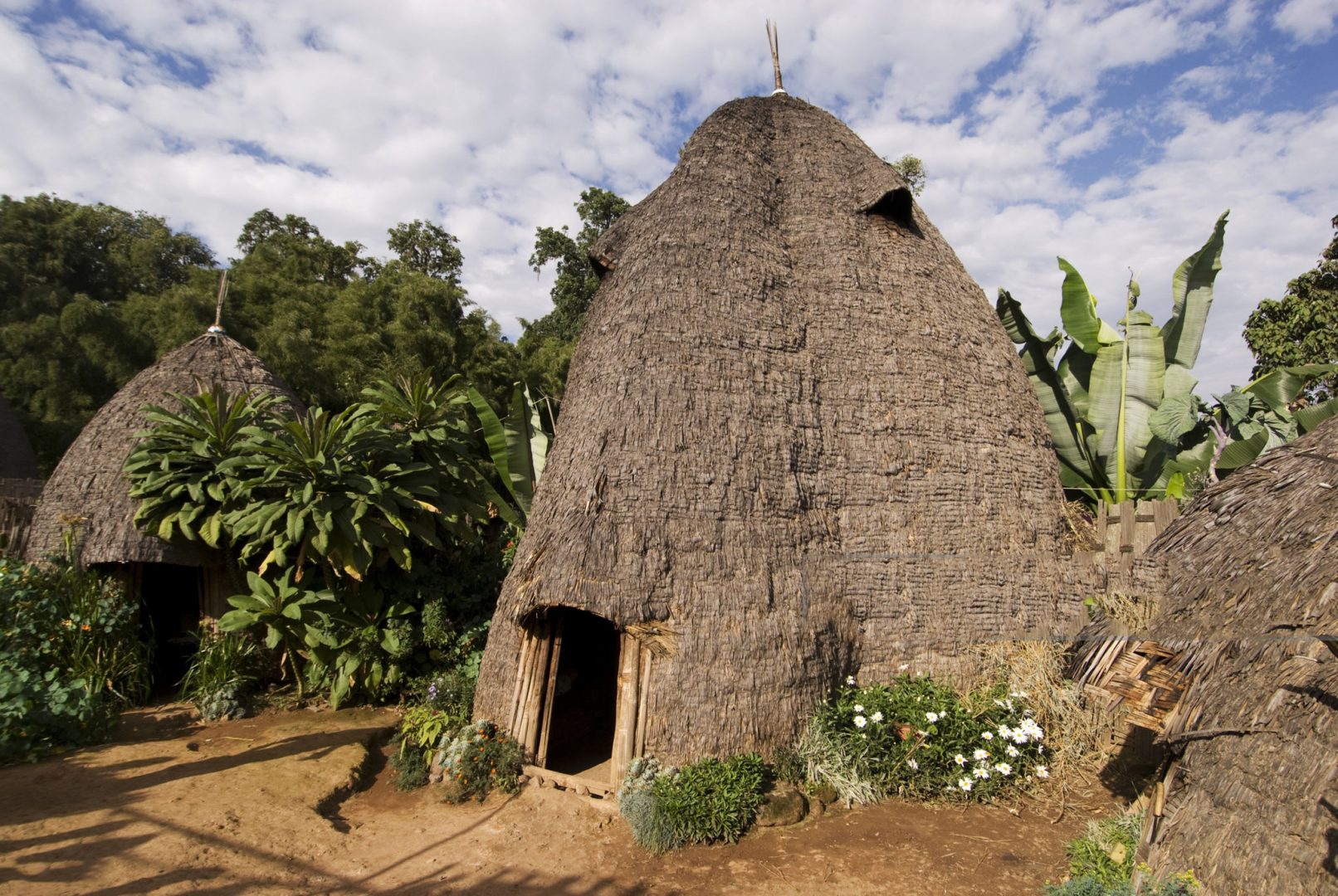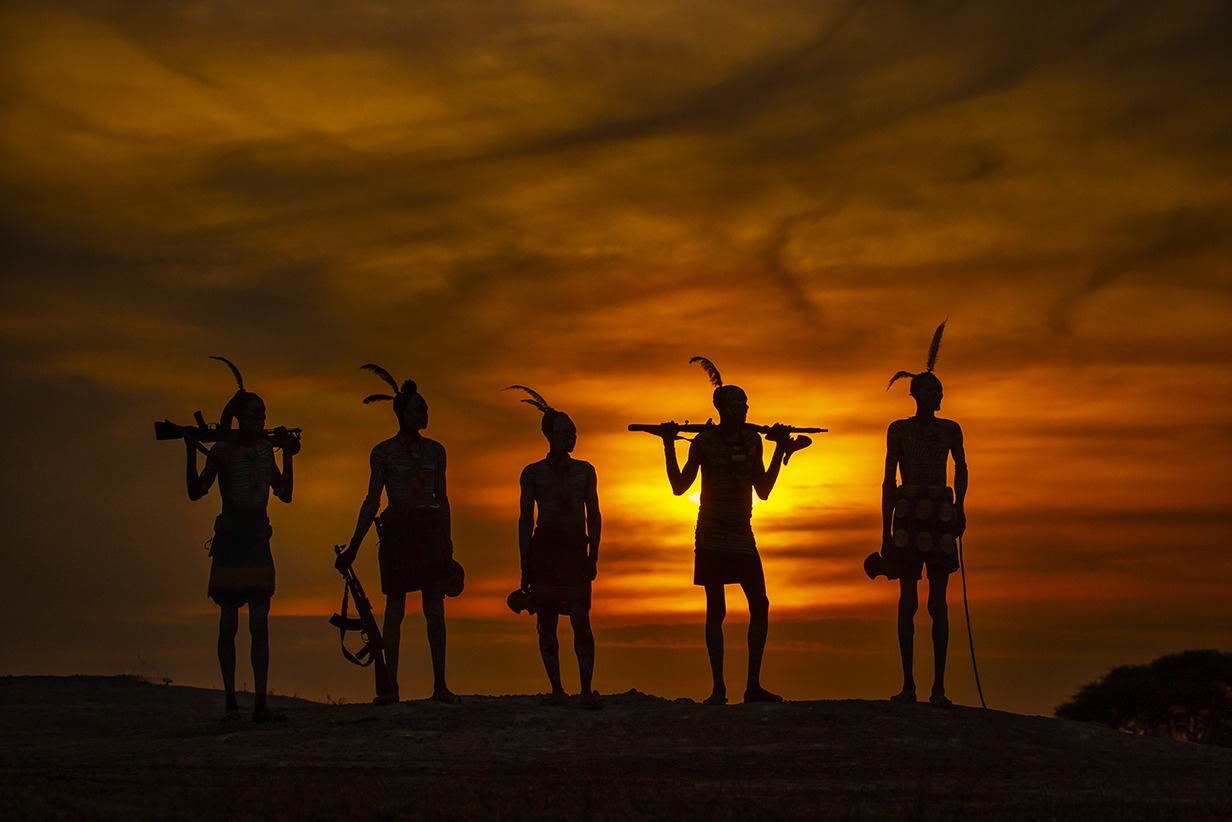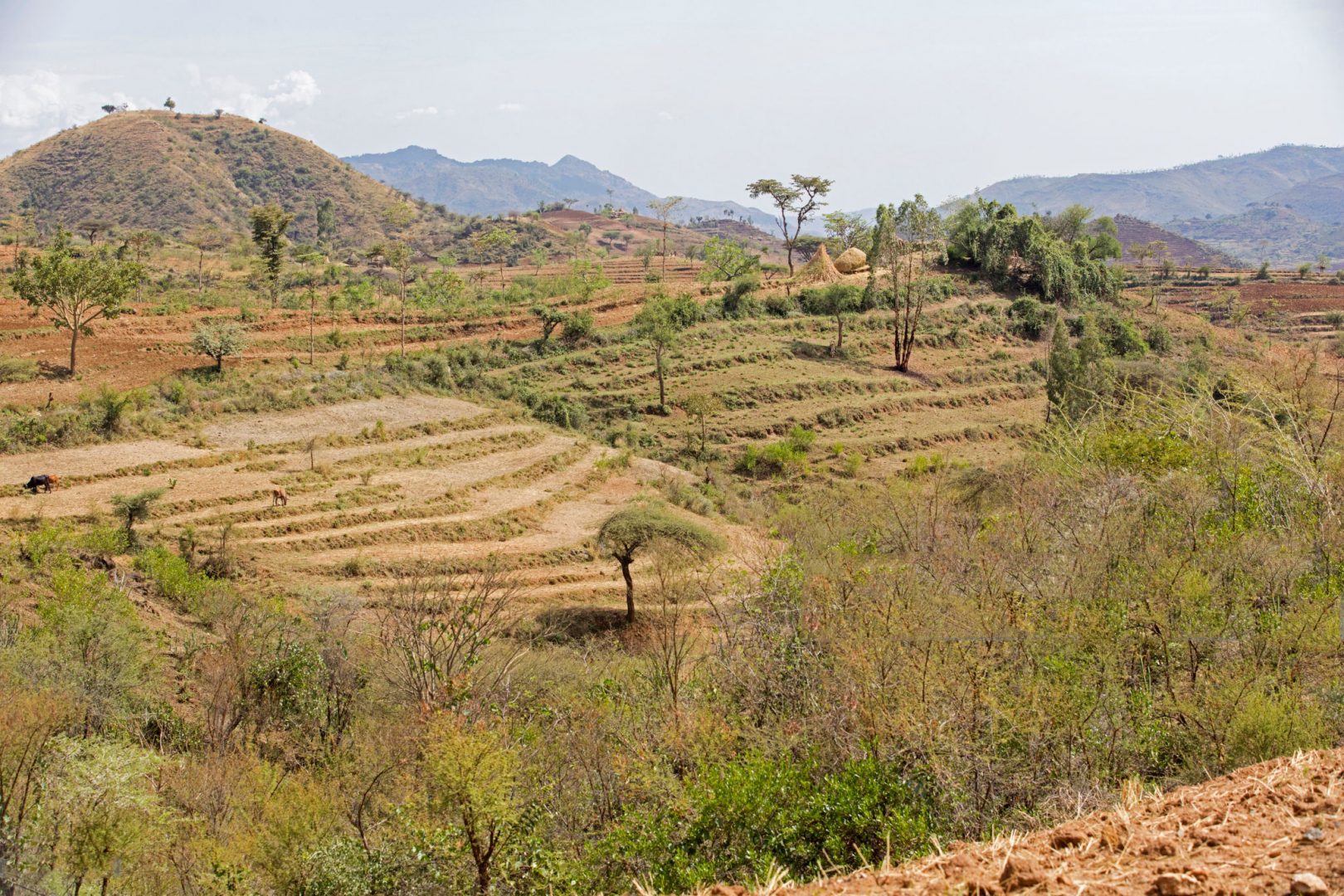The Rift Valley and the Cultural Mosaic of the South Route
Home / Destination / The Rift Valley and the Cultural Mosaic of the South Route
Misty highland meadows and tall escarpment forests make up much of Southern Ethiopia, but the region is also incised by the gaping kilometer-deep tectonic scar we know as the Great Rift Valley, its acacia-swathed floor dotted with beautiful lakes renowned for their diverse profusion of birds. The ethnic diversity of this astonishing region embraces modern cities such as Hawassa and Arba Minch, but also the walled hilltop warrens of the Konso Cultural Landscape, the remote tribes of South Omo, the singing wells of the desert-dwelling Borena, towering Dorze homesteads and thousand year old island monasteries.
What to see?
One of the least developed areas of the country, a trip to Omo National Park is like a journey back in time. A visit provides the chance to see undisturbed ancient cultures as well as to see diverse wildlife and habitats. The park is crossed by a number of rivers and there are several hot springs.
The Ethiopian rift valley keeps dozens of saline lakes which keeps an important portion of biodiversity. From the rift system, the central rift valley of Ethiopia is the most commonly visited part of the Rift Valley …
Considered more as a point of departure for the southern extremities of Ethiopia, including the Omo Valley, the city of Arba Minch’s is full of natural …
Dorze people are a small Omotic-speaking ethnic group belonging to the larger Afro-Asiatic language family living in the Gamo Highlands of the southern …
Centered on the pretty green town of Jinka, South Omo is Ethiopia’s most culturally and linguistically diverse administrative zone, supporting 16 …
A UNESCO World Heritage Site since 2011, the Konso Cultural Landscape is named after its agriculturist inhabitants, who have molded their 230km2 …

